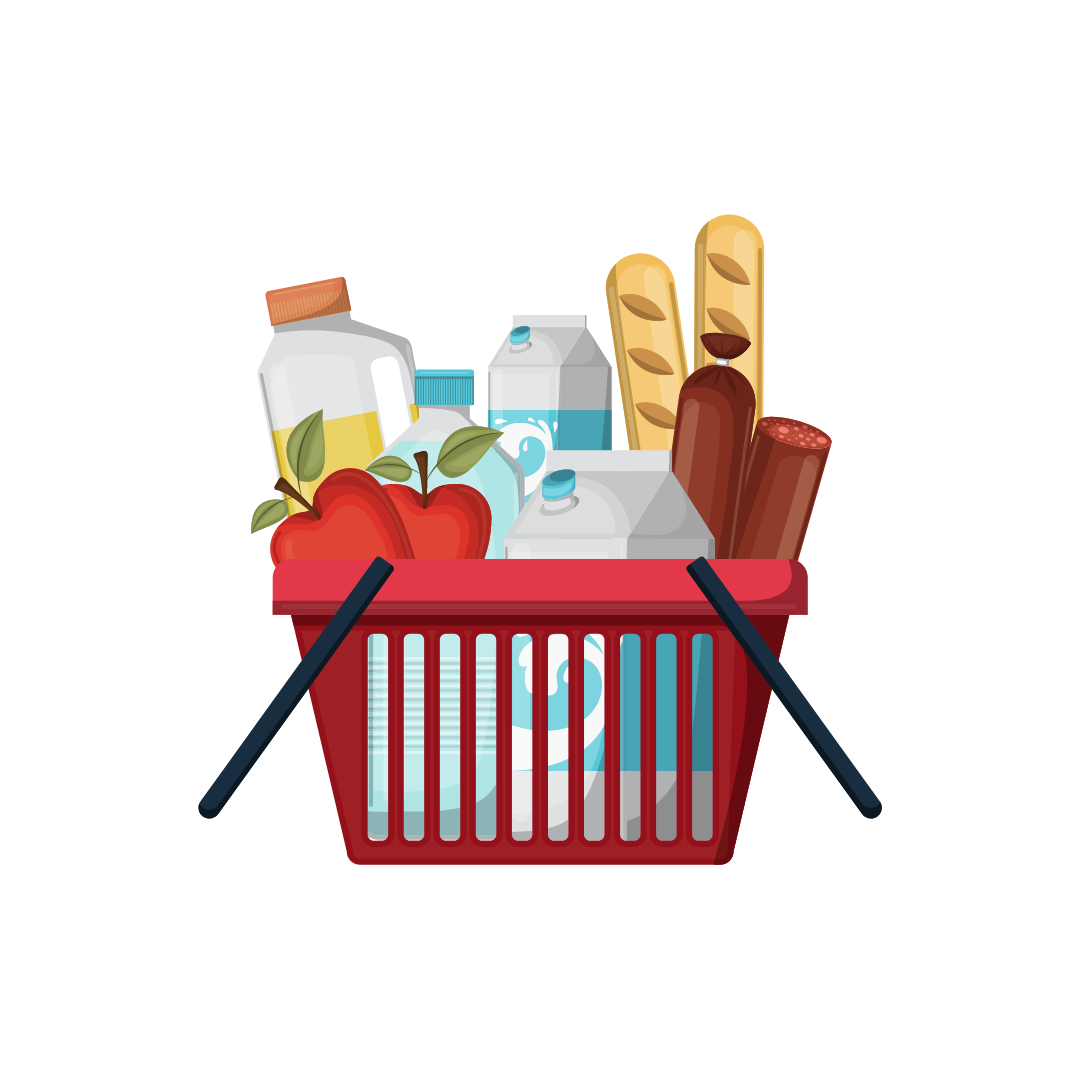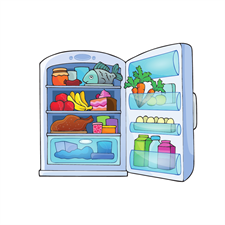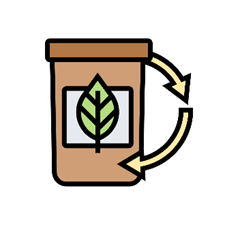Food waste
Why should we reduce our food waste?
For many of us food waste can become a habit, buying more food than we need, letting fruit and vegetables go mouldy or even cooking more food than we can eat.
In Staffordshire, approximately 30% of everything thrown into the general waste bin is food. That is over half a tonne of food every year per household and lots of this waste could have been avoided. Shockingly, the average family of 4 can save £60 a month by reducing their food waste.
Food doesn’t belong in the bin, find out below how you can reduce your food waste and even save yourself money.
How does food waste contribute to climate change?
In Staffordshire, only 2% of the waste is taken to landfill meaning we contribute very little to the production of methane within the atmosphere. However, that doesn’t mean we shouldn’t reduce the amount we throw away. When we waste food, we are also wasting all the energy and water it takes to grow harvest package and transport it.
Find out more about how you can reduce your food waste
Top tips for over buying

Making the most of your food

Composting your unwanted food
